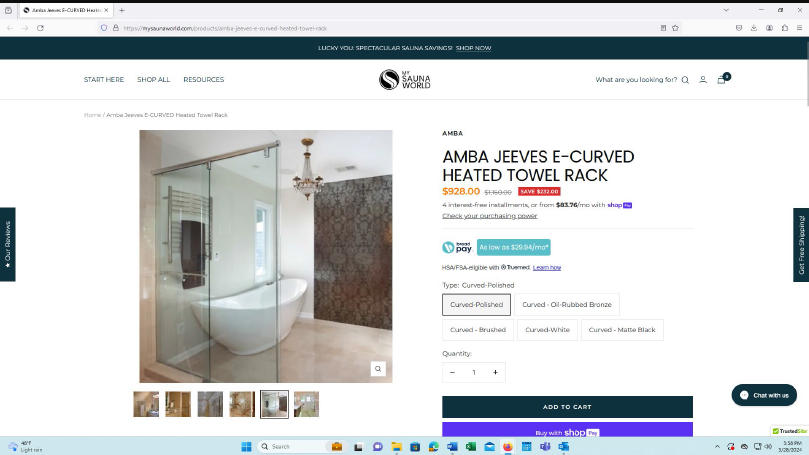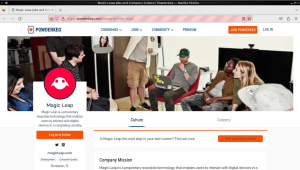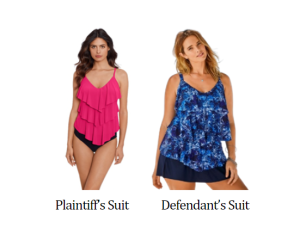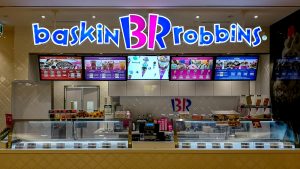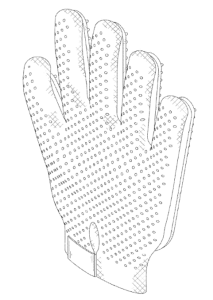Eli Lilly and Co., together with POINT Biopharma, are facing a lawsuit accusing them of willful infringement of a cancer treatment patent held by the Purdue Research Foundation. The lawsuit, filed in the U.S. District Court for the Southern District of Indiana, alleges that the defendants have infringed on patents related to radiotherapeutic drugs for prostate cancer, particularly focusing on POINT’s drug PNT2002. 
The Purdue Research Foundation, along with co-plaintiffs Endocyte Inc. and Novartis Pharmaceuticals Corp., claims that POINT’s PNT2002 infringes on U.S. Patent 10,624,970, which covers treatments targeting the prostate-specific membrane antigen (PSMA). The plaintiffs assert that POINT’s actions have caused substantial damage and are seeking injunctive relief and monetary damages.
Lilly’s spokesperson stated that the lawsuit lacks merit and expressed confidence in defending against the claims. The case, assigned to District Judge Richard Young and Magistrate Judge Tim A. Baker, is documented under Case No. 1:24-cv-01011.
 Indiana Intellectual Property Law News
Indiana Intellectual Property Law News


